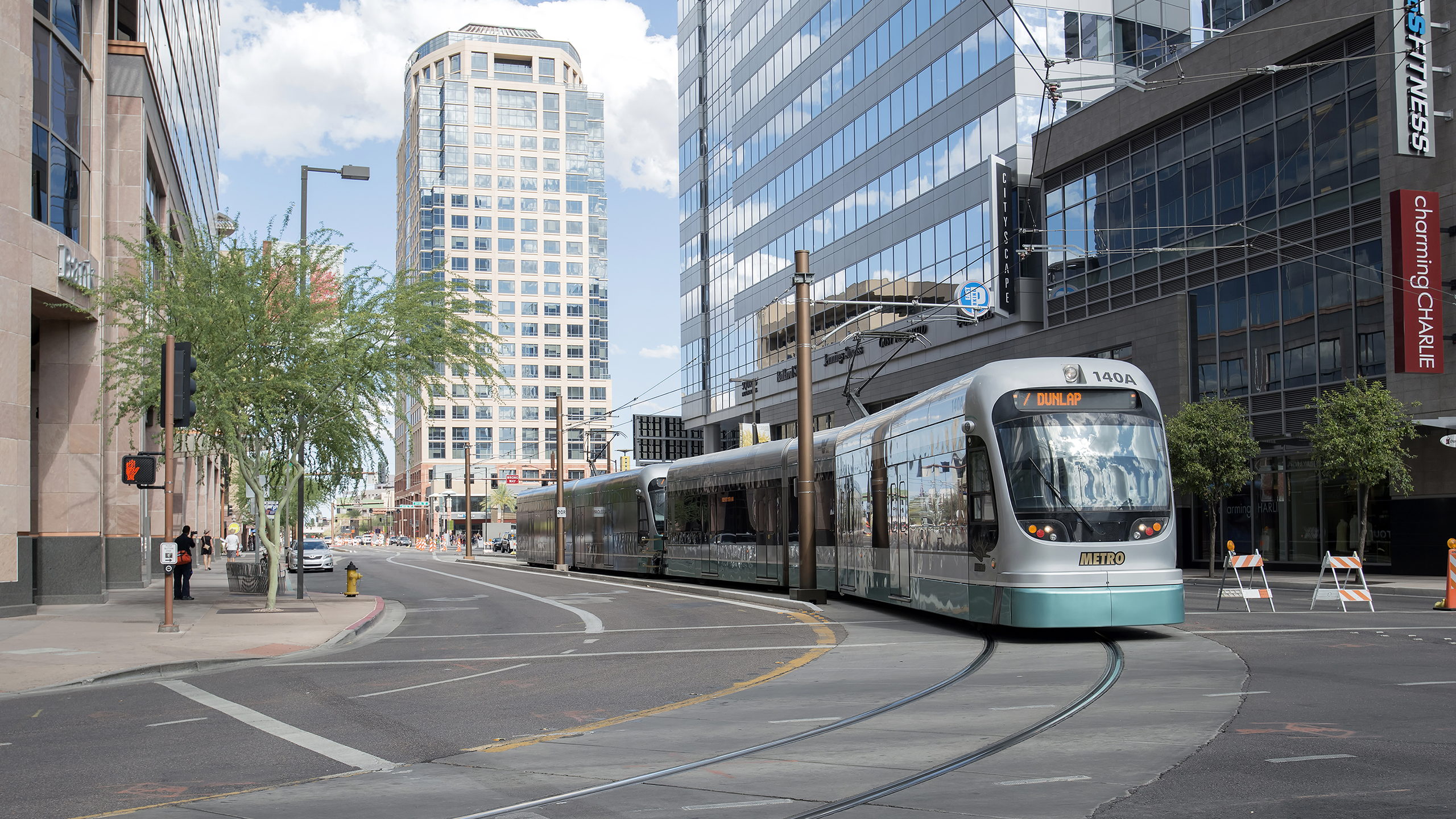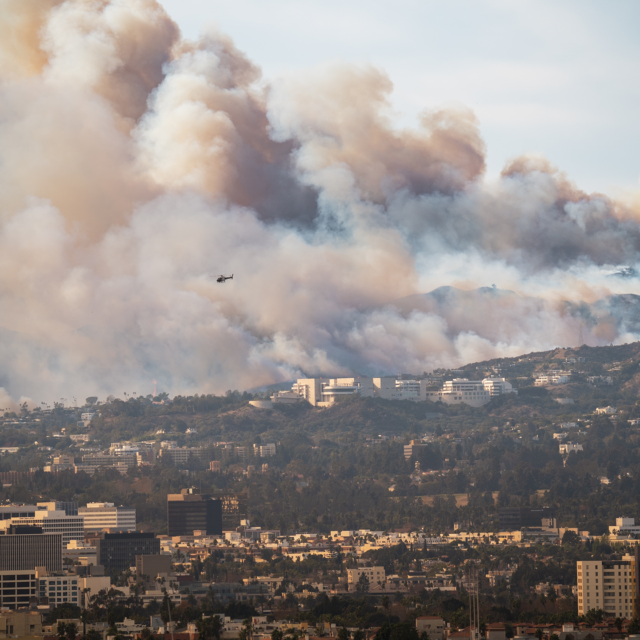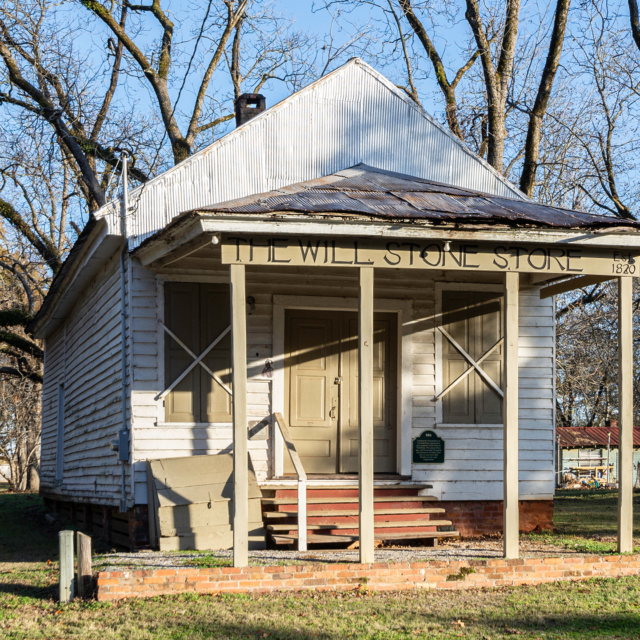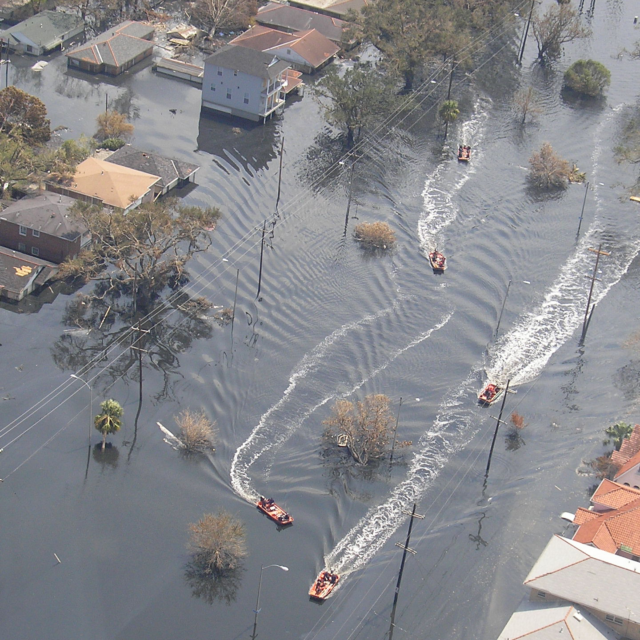Listen and subscribe to us on your favorite podcast platform
Generally speaking, I think we misunderstand the challenge when we focus just on downtowns or when we focus just on offices. Rather, what we have is a universal need for an inflexible built environment that spans rural, suburban, and urban contexts to become more flexible. Because the pace of change is faster than ever. And so, we can afford less and less for the built environment to not respond to the world that we are otherwise creating.
Tracy Hadden Loh, Fellow with the Anne T. and Robert M. Bass Center for Transformative Placemaking, Brookings Metro
The COVID-19 pandemic and subsequent rise in remote work sent a ripple through most U.S. cities. Heavy office districts became ghost towns, public transit services struggled, and downtown brick and mortar retail spaces emptied in response to a sudden drop in foot traffic. During this period, there was also a significant migration of remote workers from more crowded and expensive cities like New York or San Francisco to the suburbs and more affordable metros in the I-10 corridor.
Some have referred to this rapid rearrangement of Americans, which has slowed a bit in the years since the pandemic began, as the ‘Great Reshuffle.’ From 2020 to 2021, Los Angeles saw a net loss of 175,000 residents, who left the city for surrounding suburbs like Riverside or smaller metros in the Sun Belt. Over this same period, Dallas, Phoenix, Houston, and Austin were major metros that saw the greatest population gains in the nation.
With the location of work becoming less of a requirement or priority for people’s choice to live in a city, how can public and private sector leaders ensure economic and cultural resilience within their communities? How can zoning, hard infrastructure, and building stock become more adaptable to a constantly changing world?
Listen in as Ten Across founder Duke Reiter and Brookings Metro fellow Tracy Hadden Loh discuss these questions and more in this first half of a two-part discussion on the urban planning evolution taking place within the Ten Across region and beyond.
Articles referenced in this episode:
“Myths about converting offices into housing—and what can really revitalize downtowns” (Brookings, April 2023)
“The geography of crime in four U.S. cities: Perceptions and reality” (Brookings, April 2023)
“Ensuring the intertwined post-pandemic recoveries of downtowns and transit systems” (Brookings, August 2023)
“Metro Phoenix is in dire need of apartments. Here’s how developers are getting it done” (AZCentral, January 2024)
Guest Speaker
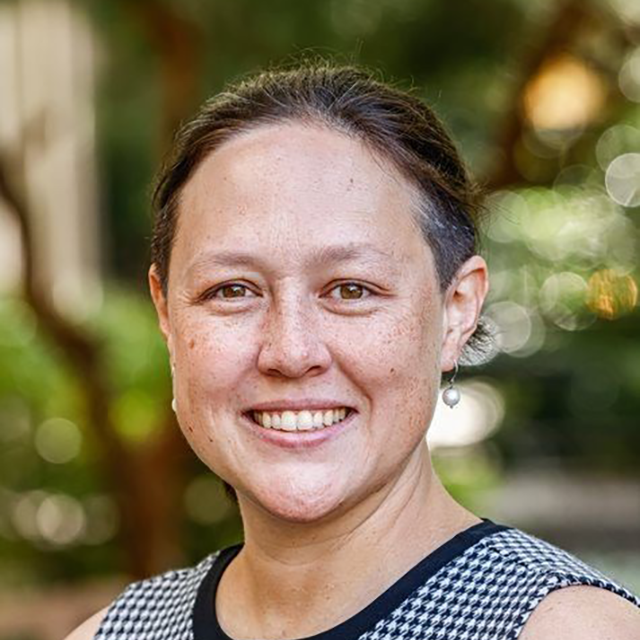
Tracy Hadden Loh is a Fellow with the Anne T. and Robert M. Bass Center for Transformative Placemaking at Brookings Metro, where she integrates her interests in commercial real estate, infrastructure, racial justice, and governance. She also serves on the boards of the Washington Metropolitan Area Transit Authority and Greater Greater Washington and holds a Ph.D. in city planning.
